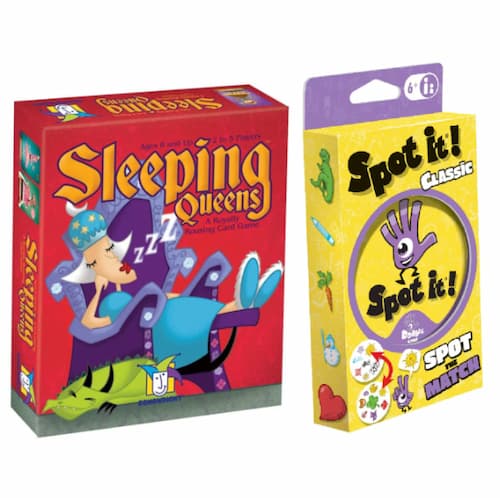
[ad_1]
Russian-installed officials in occupied regions of Ukraine are reporting huge majorities in favour of becoming part of Russia after five days of voting in so-called “referendums” that Kyiv and the West denounced as a sham.
Hastily arranged votes took place in four areas – Donetsk, Luhansk, Zaporizhia and Kherson – that make up about 15 percent of Ukrainian territory.
By late on Tuesday evening Russia-installed election officials announced that 93 percent of the ballots cast in the Zaporizhia region were in support of annexation, as were 87 percent of ballots in the southern Kherson region and 98 percent in Luhansk.
Results from the Donetsk region were expected to follow later on Tuesday.
Within the occupied territories, Russian-installed officials took ballot boxes from house to house in what Ukraine and the West said was an illegitimate, coercive exercise to create a legal pretext for Russia to annex the four regions.
President Vladimir Putin could then portray any Ukrainian attempt to recapture them as an attack on Russia itself. He said last week he was willing to use nuclear weapons to defend the “territorial integrity” of Russia.
Displaced people from the four regions were able to cast votes in Russia, where state news agency RIA said early counts showed numbers in excess of 96 percent in favour of coming under Moscow’s rule.
Ukrainian President Volodymyr Zelenskyy addressed the UN Security Council in a virtual address on Tuesday shortly after word came that pro-Moscow officials said that residents in the Zaporizhia region voted to join Russia.
“In front of the eyes of the whole world Russia is conducting this so-called sham referendum on the occupied territory of Ukraine,” Zelenskyy said.” People are forced to fill out some papers while being threatened by submachine guns.”
Zelenskyy said annexation could mean an end to negotiations between Ukraine and Russia and he implored the world body to address the situation and put pressure on Russian President Vladimir Putin.
“Annexation is the kind of move that puts him alone against the whole of humanity. Such a clear signal is now needed from every country in the world. I believe in your ability to act.”
Hoda Abdel-Hamid reporting from Kryvyi Rih, located just west of Zaporizhia, said that most people she spoke to said they already “know the results of the referendum, without waiting the full five days of voting. Other people are worried about what happens after the referendum.
“We saw over the past five days, civilians trying to get out of Luhansk, Donetsk, Zaporizhia, Kherson, and they’ve been saying all along the same thing – some would tell you that this referendum for them was the last [straw].
“They said that, lately, it had become much more strict and much harder to live, but there is that fear of mobilisation [into the Russian forces],” Abdel-Hamid said.
Ukrainian foreign minister Dmytro Kuleba urged the European Union to impose further economic sanctions on Russia to punish it for staging the votes, which he said would not change Ukraine’s actions on the battlefield.
The votes mirrored a referendum in Crimea after Russia’s seizure of the region from Ukraine in 2014, when Crimea’s leaders declared a 97 percent vote to secede from Ukraine and join Russia.
Putin said on state TV on Tuesday that the votes were designed to protect people from what he has called the persecution of ethnic Russians and Russian-speakers by Ukraine, something that Kyiv has denied.
“Saving people in all the territories where this referendum is being held is at the top of our minds and the focus of attention of our entire society and country,” he said.
Moscow has acted in recent months to “Russify” areas under its control, including by issuing people with Russian passports and rewriting school curriculums.
The referendums were hurriedly brought forward this month after Ukraine seized the momentum on the battlefield by routing Russian forces in the northeastern Kharkiv region.
Valentina Matviyenko, head of the upper house of the Russian parliament, said that if the vote results were favourable, it could consider the incorporation of the four regions on October 4, three days before Putin celebrates his 70th birthday.
Nuclear warning
As Russia began releasing the results of the referendums, Dmitry Medvedev, deputy chairman of Russia’s Security Council and an ally of Putin, issued a stark new nuclear warning to Ukraine and the West.
Medvedev’s warning differed from earlier ones in that he predicted for the first time that the NATO military alliance would not risk a nuclear war and directly enter the Ukraine war even if Moscow struck Ukraine with nuclear weapons.
“I believe that NATO would not directly interfere in the conflict even in this scenario,” Medvedev said in a post on Telegram.
“The demagogues across the ocean and in Europe are not going to die in a nuclear apocalypse.”
Meanwhile in Kharkiv, three explosions were heard, and then electricity cut out on Tuesday, a Reuters news agency witness reported.
There are no lights in some parts of the city. Information about casualties is being specified,” Kharkiv’s mayor, Ihor Terekhov, said on his Telegram channel. He also reported a fourth attack.
Terekhov said an infrastructure facility was hit and said authorities were working to restore power as quickly as possible.
[ad_2]
Source link




